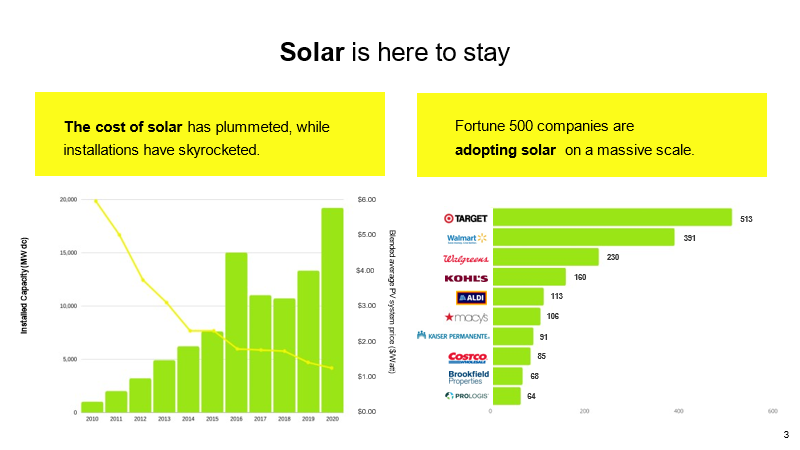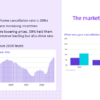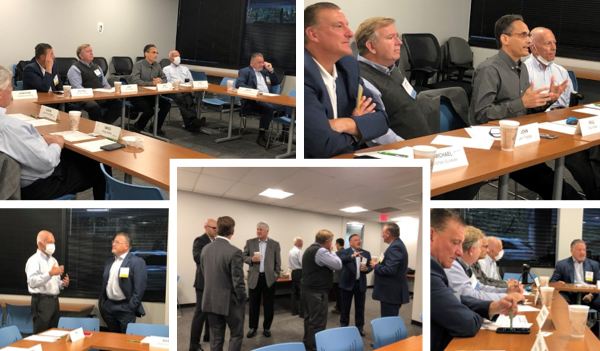Key Take Aways from Northern New Jersey’s January 2022 Meeting
- For Dresdner Robin, 2021 was a very good year, with industrial, residential, and self-storage sectors particularly strong. Tony Ianuale noted that the allocation of $12B for New Jersey infrastructure (a result of the Federal “Build Back Better” legislation) ensures strong activity in that sector, with a 50% increase in the NJDOT budget projected over the next 7 years.
- John Tregidgo with Dresdner Robin echoed the same positivity, citing an uptick in current due diligence with more inhouse Phase I preliminary assessments since 2012. Full staff and resources were deferred to new Phase I projects in several areas.
- Charles Heydt with Dresdner Robin reported significant land use planning activity during the first two weeks of the year, with several large construction clients, like Lamar and Carey, bullish on new urban development projects this year.
- Greg James (NAI James E. Hanson) summarized the state of the financial real estate market, noting that in the last 35 days, 5 and 10-year rates were up 35-40 basis points, signaling inflation. Experts expect 4 or 5 interest rate hikes this year. Market sector summary
- Industrial and multifamily urban development will still do well with cap rates as low as 3-1/4 to 3-1/2% for industrial and 4% for multifamily. Industrial pricing remains very aggressive, with companies like Amazon, FedEx, UPS, and DHL still expanding. A recent Newark property sold at $7.5M/acre; other area properties sold for $4-5M/acre; rents are at $20 to $28/SF.
- Office market B&C assets are doing well; experts predict a return to offices by July as the pandemic settles into an endemic pattern and majority of workers are vaccinated/boosted.
- Large retail rebound still in question with loss of major retailers like Sears, Lord & Taylor and some Macy’s stores. Communities around Livingston and other major malls still want them.
- Hotel, office and entertainment markets should begin to rebound as more people resume travel for business and/or recreation. In NYC, Broadway and major hotels are still struggling, with $300/night rooms offered for $99/night.
- Mike Smith and Paul Hacker (Axis Insurance) noted some significant ramifications for insurance coverage in two evolving areas: COVID-related Worker’s compensation and cyber security breaches.
- A recent ruling in California denied Workman’s Comp coverage for a woman whose husband died after she contracted COVID at work. Previously, if more than 5% of workers are affected by COVID, they and their families were covered. There are currently 23 similar cases pending across the U.S., and we may see third-party liability shift.
- There has been significant inflation in the last two years due to cyber-breach related losses. Some insurance firms have stopped writing cyber coverage altogether; others have raised premiums significantly. Large companies slow to implement upgrades, particularly for ransomware, are literally uninsurable. In the last month, several breaches traced to out-of-date systems or software for Microsoft Office, JAVA, Microsoft Xchange, and others were not covered.
- Howard Davis (Davis Environmental Law) whose firm specializes in mitigating environmental issues in the industrial sector, noted that the current economic inflationary environment can affect his operations. Environmental issues, which may surface during industrial projects, are hard to predict and impossible to hedge; they often lead to delays and additional costs.
- Fajara Huq of REDCOM Design & Construction, a financial analyst for warehouse and parking pricing, sparked a discussion of industrial rent increases which are difficult to predict. Four or five years ago, warehouse/parking in the port area was $7 to $10K/acre/month. Rent prices are now through the roof at $25-30K or more/acre/month. Previously leases were 5-10 years with 4-5% rent increase; now some firms are offering shorter-term, 3-5 year leases to avoid being locked into low rates.
- Matt Posada (Sills Cummis & Gross P.C.), who works on land use development projects for the burgeoning NJ cannabis business, reported that some municipalities have shortened the development process by three to four months. Instead of starting with zoning administrators and city planners, they are contacting the municipality mayor and business administrator directly about specific properties. Charles Heydt underscored the importance of due diligence, citing a proposed cannabis warehouse project that missed a town fee for the removal of trees on a proposed property that would have resulted in a $500K expense.
- Eric Mason (Ocean First Bank) is in the process of closing 6 real estate deals in the next ten days, noting that market volatility is up 30 to 40 points, causing some larger banks to reassess their portfolios. He also works on derivative SWOPs, which are segueing from LIBOR to the new SOFR (secured overnight fixed rate). Ocean First Bank is growing its real estate portfolio in multifamily, industrial, retail, and office.
- SPEAKER HIGHLIGHTS: Paul Abramson, Commercial Solar Energy Advisor, SolarKal – Overview: More than $200M sales generated in 15 states; fulfillment via proprietary RFP system; installations led by big box stores and Fortune 500 companies have skyrocketed.
- Solar Incentives via environmental/social benefits; significant energy cost savings and government incentive programs. The Federal Tax Credit of 26% for the first year (22% in 2023); accelerated depreciation (18% year-one cost reduction); annual NJS Incentive SRECs (solar renewable energy certificates) that can be redeemed for cash.
- 80% of sales are attributed to direct ownership with tax benefits & incentives; 20% are “roof lease” or community solar to third parties who sell power.
- SolarKal project management services: solar strategies and financial advisory; proprietary RFP procurement process; contract negotiation; system installation.






Recent Comments